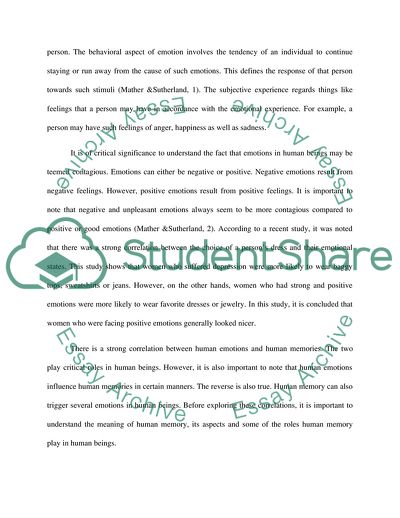Cite this document
(Memory and Emotions in Human Beings Coursework Example | Topics and Well Written Essays - 2500 words, n.d.)
Memory and Emotions in Human Beings Coursework Example | Topics and Well Written Essays - 2500 words. https://studentshare.org/psychology/1863933-memory-and-emotion
Memory and Emotions in Human Beings Coursework Example | Topics and Well Written Essays - 2500 words. https://studentshare.org/psychology/1863933-memory-and-emotion
(Memory and Emotions in Human Beings Coursework Example | Topics and Well Written Essays - 2500 Words)
Memory and Emotions in Human Beings Coursework Example | Topics and Well Written Essays - 2500 Words. https://studentshare.org/psychology/1863933-memory-and-emotion.
Memory and Emotions in Human Beings Coursework Example | Topics and Well Written Essays - 2500 Words. https://studentshare.org/psychology/1863933-memory-and-emotion.
“Memory and Emotions in Human Beings Coursework Example | Topics and Well Written Essays - 2500 Words”. https://studentshare.org/psychology/1863933-memory-and-emotion.


